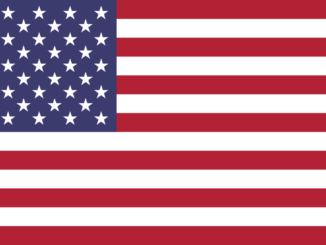 (Lawfare) Muslims represent only around 1 percent of the American population, yet today they find themselves playing an increasingly important public role. For instance, two of the most prominent congresspeople are the first two Muslim congresswomen in American history, Ilhan Omar and Rashida Tlaib. Like African Americans and Jews, Muslims are disproportionately Democrats. But what did they actually think and want in a competitive Democratic primary? A January survey found that 39 percent of Muslims believe Sanders is the “best nominee for President of the United States,” followed by former Vice President Joe Biden. At satellite caucuses at mosques in the Iowa caucuses, the vast majority of Muslims attending supported Sanders. Even as his chances began to dwindle, Sanders received an outpouring of endorsements and surrogate support from the Michigan Muslim community.
(Lawfare) Muslims represent only around 1 percent of the American population, yet today they find themselves playing an increasingly important public role. For instance, two of the most prominent congresspeople are the first two Muslim congresswomen in American history, Ilhan Omar and Rashida Tlaib. Like African Americans and Jews, Muslims are disproportionately Democrats. But what did they actually think and want in a competitive Democratic primary? A January survey found that 39 percent of Muslims believe Sanders is the “best nominee for President of the United States,” followed by former Vice President Joe Biden. At satellite caucuses at mosques in the Iowa caucuses, the vast majority of Muslims attending supported Sanders. Even as his chances began to dwindle, Sanders received an outpouring of endorsements and surrogate support from the Michigan Muslim community.
Foreign policy is an important lens for understanding Muslim voters’ preferences in the primary. Despite their demographic and ideological diversity, American Muslims of immigrant backgrounds are for the most part unified in the importance they place on foreign policy.



